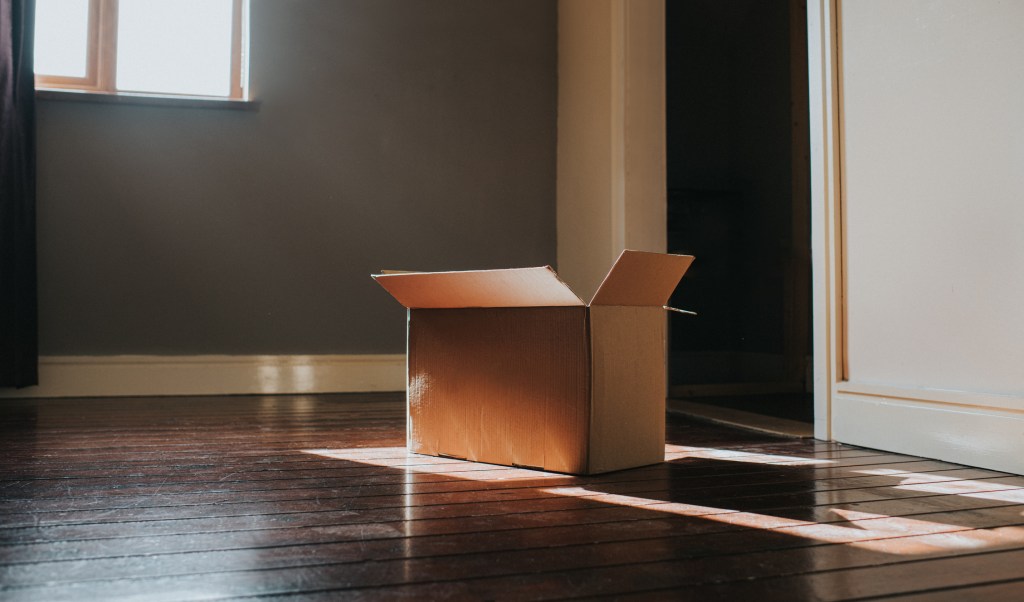
Photo via Flickr user Kelly Flanagan
Southern California geologists warn the LA area from time to time that there’s real science to back up the local legend known as The Big One: a giant, overpass-snapping earthquake that’s supposedly always on the horizon. But the warnings aren’t usually as specific as the one they’re giving this week: The Big One, they say, is unusually likely to become reality by next Tuesday.
According to a new press release from the United States Geological Survey (USGS), the odds of a huge and potentially damaging earthquake in Southern California could be as high as one in 100 from now until October 4, following a series of small earthquakes on Tuesday along the San Andreas Fault line about 150 miles from Downtown Los Angeles. The odds could also be as low as one in 3,000.
Videos by VICE
This comes after a claim in May by Thomas Jordan, director of the the Southern California Earthquake Center, that an earthquake on the San Andreas Fault is just, kinda, way past due and likely to happen pretty soon. Or as Jordan put it: the fault is “locked, loaded, and ready to go.”
The USGS cites an “earthquake swarm” near the lakeside town of Bombay Beach, California that started on September 26. That spot is “part of a fault network that connect[s] the southernmost end of the San Andreas fault with the Imperial fault,” meaning stress along multiple faults might be compounding the earthquake-causing effects.
As of September 26, that swarm had included 142 mini-quakes with richter-scale magnitudes of 1.4 to 4.3—hardly a tremble to the average California earthquake snob.
But, as the seismologist Egill Hauksson told the LA Times on Friday, “maybe one of those small earthquakes that’s happening in the neighborhood of the fault is going to trigger it, and set off the big event.” USGS says that could mean a magnitude 7.0 or greater earthquake—more powerful than the 1994 Northridge Earthquake, which killed 72 people, injured 9,000, and caused $25 billion in damage.
But that one percent chance doesn’t necessarily mean Californians should pile into their earthquake bunkers for the next few days. “Swarm-like activity in this region has occurred in the past, so this week’s activity, in and of itself, is not necessarily cause for alarm,” the USGS release says.
One more bit of good news: The San Andreas fault is hundreds of miles from the ocean, which substantially reduces the risk of a tsunami, Dr. Lucy Jones, a USGS seismologist, told me last year.
But she also told me that a worst-case-scenario earthquake in Southern California could cause 1,500 buildings to collapse, and might seriously threaten LA’s water supply. “If we lose a lot of water pipes, it could make it that much worse to control fires,” she added.
Follow Mike Pearl on Twitter.



